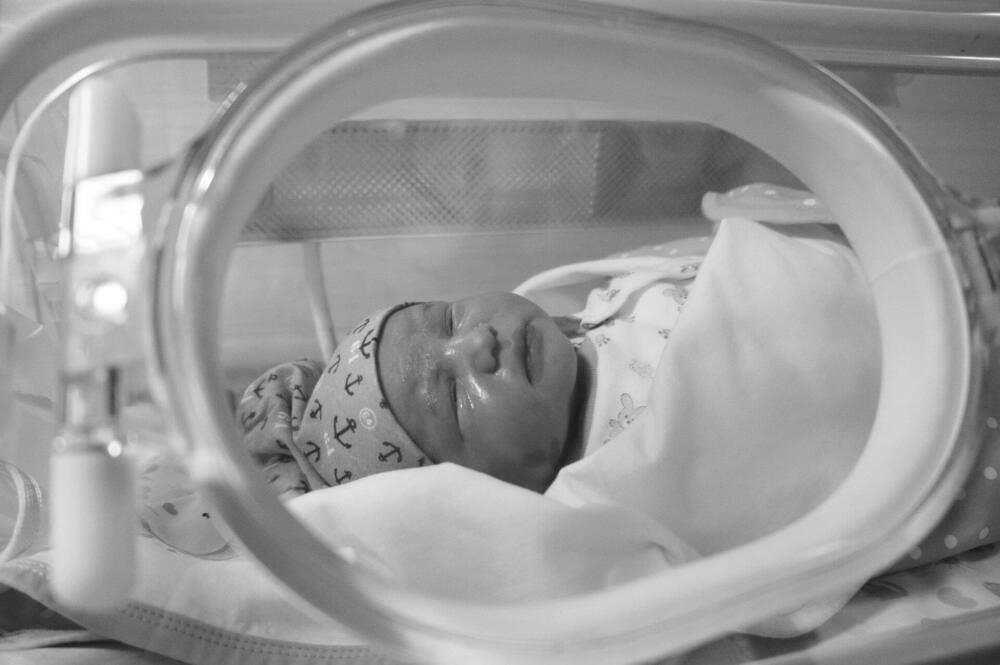For vulnerable premature babies, an incubator in the neonatal intensive care unit (NICU) is a lifesaver, but the consequences can last a lifetime. Many studies have shown that the NICU is a noisy environment and that babies who spend time there have higher rates of hearing impairment, which can lead to delays in language acquisition. Scientists from Vienna, Hamburg, Munich, and Osnabruck set out to investigate the role of the incubator, an underestimated element in the soundscape that surrounds babies during their time in the NICU.
“The motivation of our multidisciplinary research team concerns the question: why many more premature babies suffer hearing impairments,” said Dr. Christoph Reuter from the University of Vienna, corresponding author of the study published in Frontiers in Pediatrics. “We believe that what we have measured in our studies could be a leading cause. However, to understand how to protect premature infants from such noise levels, precise environment information is needed.”
Premature babies experience noise in incubators very differently to the uterus environment. Amniotic fluid muffles sound from outside the uterus, and most sounds heard in utero will be low-frequency sounds, with almost no abrupt noises. By contrast, sounds in incubators are much less muffled with many high-frequency components and abrupt noises. Although recommended noise limits have been established, these are often exceeded, especially when incubators are handled or opened.










Leave a reply